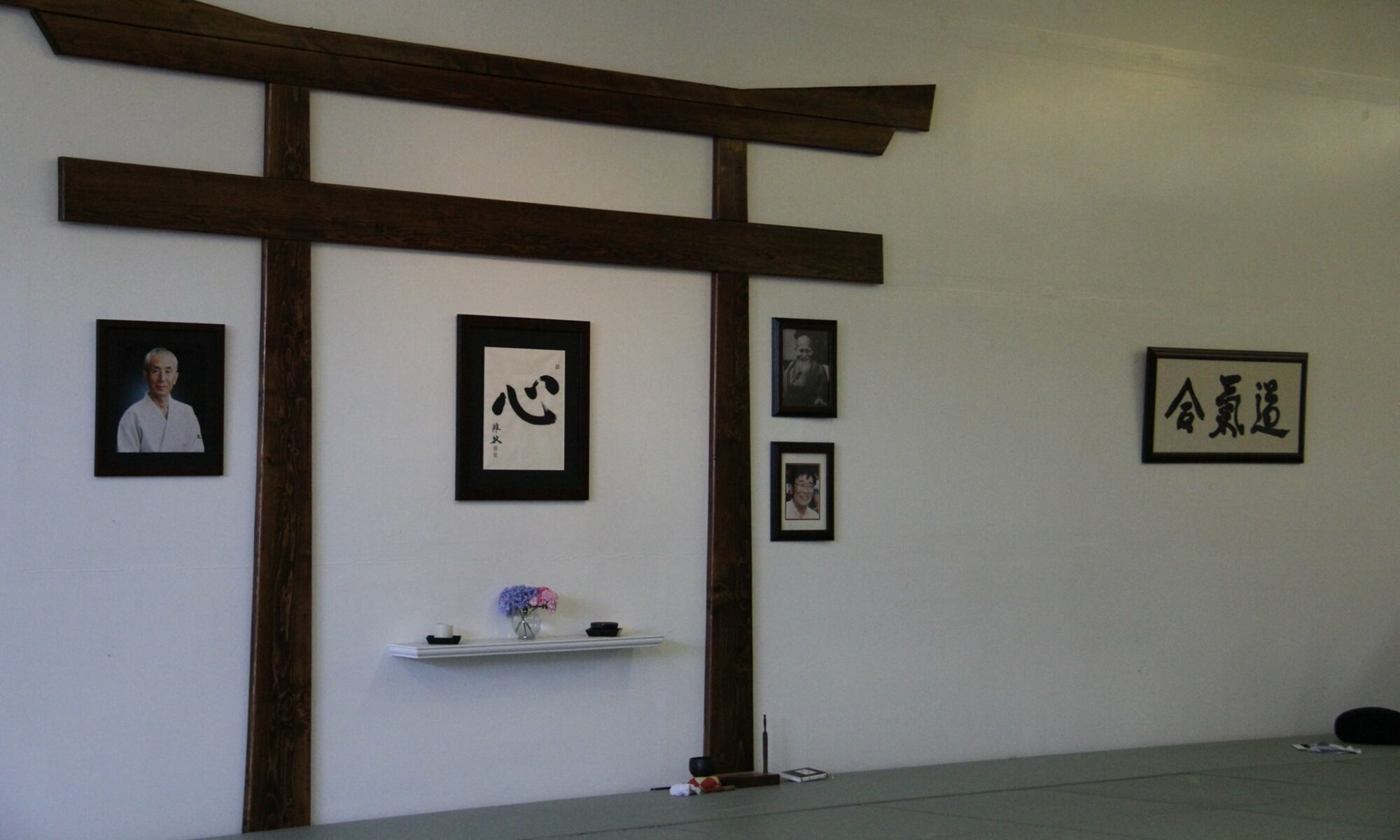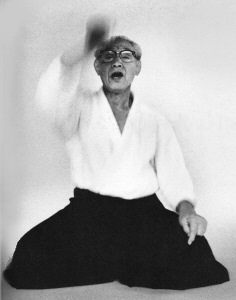Zazen is a seated meditative practice that forms the foundation of Zen. As we move into the new Aikido Olympia schedule, Zazen will continue to be practiced on Monday evenings from 7:00 to 8:30. With some extra time, 45-90 minutes, activities will expand to include some additional forms of practice, including primarily taiji and okyo (chanting) and occasionally other fine and martial arts and discussion of Zen precepts. This schedule will also allow for a full complement of Aikido classes on Tuesdays and Thursdays and keep our Zen practice from running too late into the evening.
As a related prelude, Larisa, Will, and Erica plan to attend a seven-day intensive with Wong Roshi in California this coming July. The additional time on Monday evening sessions will provide an opportunity to elevate this part of our training in preparation for the July intensive while continuing to increase the kiai of our dojo.
Looking ahead, in June Larisa, Will, and Erica (and maybe some others) will again increase the intensity and cadence of the training to longer and daily practice for the final week of June and the first week of July. The forms and location of this practice is yet to be determined. And beyond July, well, to offer a Zen take on the old Jewish proverb: humans plan, and Buddha laughs!
Please note that everyone at the dojo is invited to this practice, whether you are a new, occasional, or dedicated Zen practitioner. It will be an act of compassion if you would kindly let Larisa know, in advance, if you or anyone you invite intends to join the Monday evening Zen practice.
By Larissa Benson and Nate Weed



